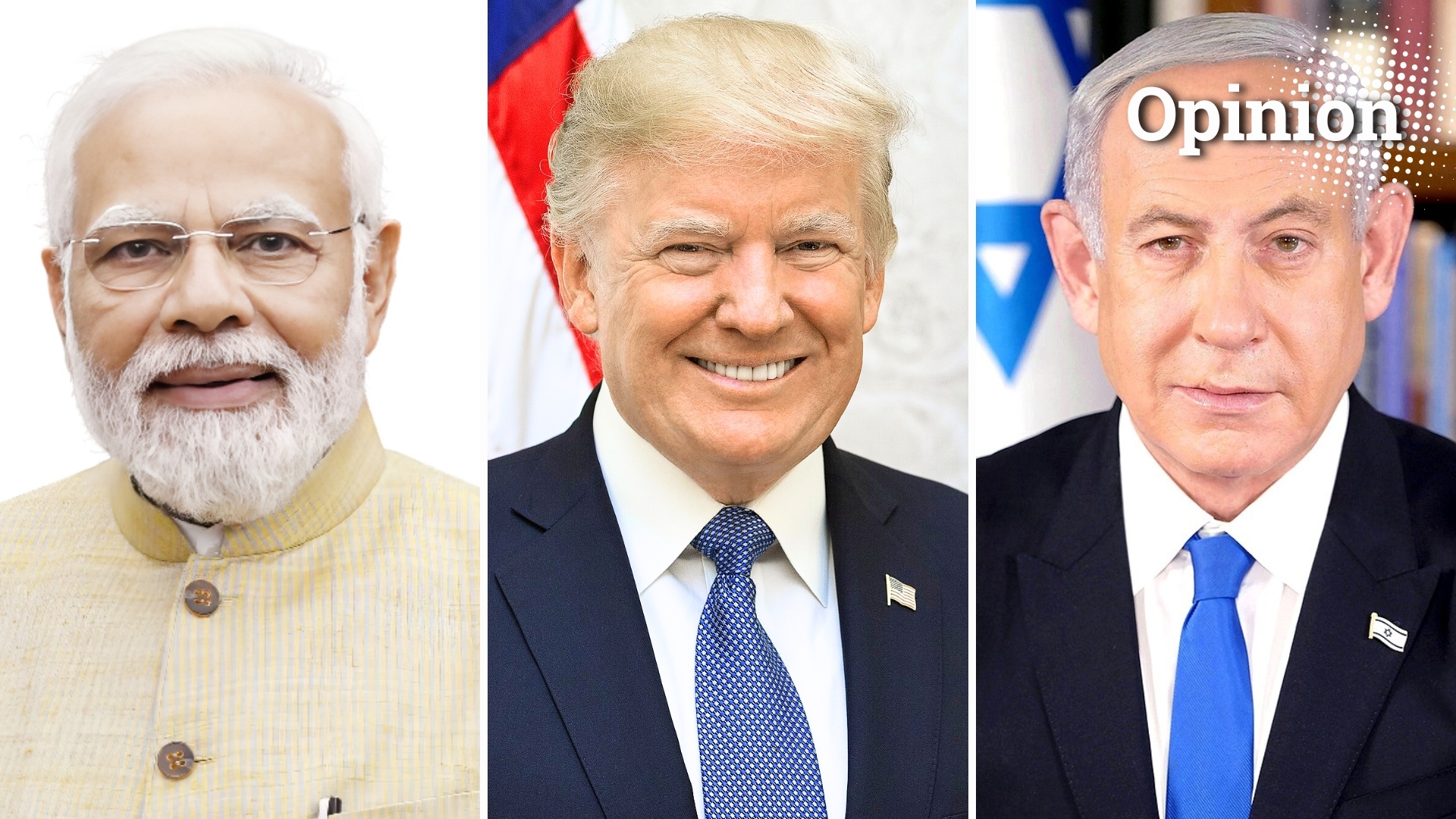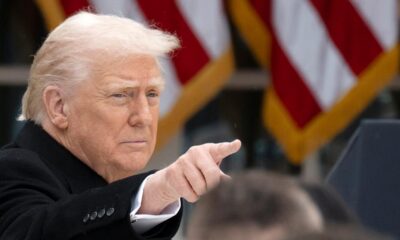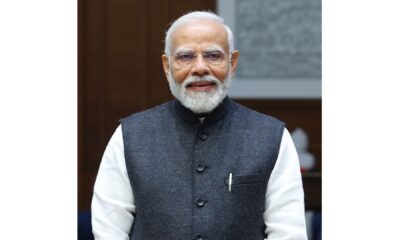Politics
Modi Skips Middle East Summit, Sparks Diplomatic Speculation

Indian Prime Minister Narendra Modi opted not to attend the recent Middle East peace summit in Egypt, hosted by U.S. President Donald Trump and Egyptian President Abdel Fattah El-Sisi. Modi’s absence from the gathering, which featured over 20 world leaders, has raised eyebrows and sparked diplomatic speculation. Instead of Modi, India was represented by Minister of State for External Affairs Kirti Vardhan Singh.
The presence of Pakistani Prime Minister Shehbaz Sharif at the summit has been highlighted by media as a potential reason for Modi’s decision to stay away. Some analysts suggest that tensions between India and the U.S., exacerbated by Trump’s recent 50 percent tariff hike on Indian goods, played a role in Modi’s no-show. This tariff is perceived as a reaction to India’s continued purchase of oil from Russia, despite international sanctions.
Despite the strained trade relations, Modi publicly congratulated Trump on achieving a ceasefire in Gaza, indicating a complex diplomatic stance. By choosing not to attend the summit and sending a representative instead, Modi might be signaling discontent with U.S. trade policy while maintaining a cordial relationship with Washington.
While Modi’s relations with Trump appear cautious, his sentiments towards Israeli Prime Minister Benjamin Netanyahu reflect a different dynamic. Modi praised Netanyahu on social media for his “strong leadership” and efforts toward peace in the region. This alignment is not surprising given the growing economic ties between India and Israel. Recently, during a visit from Israeli Finance Minister Bezalel Smotrich, the two nations signed a bilateral investment agreement aimed at enhancing trade and collaboration in sectors such as cyber-security and defense.
Israel has become India’s largest supplier of military equipment, a factor that may have influenced Modi’s choice to abstain from the Sharm El Sheikh summit, aligning with Netanyahu, who also did not attend. However, India’s apparent reluctance to fully endorse Trump’s Middle East peace plan likely stems from a pragmatic assessment of the situation in Gaza. The region remains in turmoil, with a civilian death toll reported to be close to 70,000 following the recent conflict, and no clear governance structure emerging.
Hamas has filled the security void left by a partial Israeli troop withdrawal, leading to ongoing violence and instability. The aftermath of the Hamas attack on Israel on October 7, 2023, which prompted a major military response, has further complicated the landscape. Israel now finds itself in a precarious position, observing from newly established borders as Hamas contends with rival factions.
India traditionally advocates for a two-state solution to the Israel-Palestine conflict, though critics argue that New Delhi’s foreign policy has been ambiguous regarding Israel’s actions concerning Palestinian rights. Historically, India has abstained from United Nations resolutions that criticize Israel, including a notable abstention in 2024 on a General Assembly vote calling for a lasting ceasefire in Gaza.
In a significant shift, India has recently aligned more closely with the international community, expressing support for efforts to establish “lasting peace” in the region. This evolving stance reflects India’s balancing act as it navigates its relationships with both Israel and Palestine, while also managing its ties with the United States.
As the situation in the Middle East continues to unfold, Modi’s diplomatic choices will likely remain under scrutiny, especially as India seeks to position itself as a key player in regional and global politics.
-

 World6 days ago
World6 days agoPrivate Funeral Held for Dean Field and His Three Children
-

 Top Stories1 week ago
Top Stories1 week agoFuneral Planned for Field Siblings After Tragic House Fire
-

 Sports3 months ago
Sports3 months agoNetball New Zealand Stands Down Dame Noeline Taurua for Series
-

 Entertainment3 months ago
Entertainment3 months agoTributes Pour In for Lachlan Rofe, Reality Star, Dead at 47
-

 Entertainment2 months ago
Entertainment2 months agoNew ‘Maverick’ Chaser Joins Beat the Chasers Season Finale
-

 Sports3 months ago
Sports3 months agoSilver Ferns Legend Laura Langman Criticizes Team’s Attitude
-

 Sports4 weeks ago
Sports4 weeks agoEli Katoa Rushed to Hospital After Sideline Incident During Match
-

 Politics2 months ago
Politics2 months agoNetball NZ Calls for Respect Amid Dame Taurua’s Standoff
-

 World2 weeks ago
World2 weeks agoInvestigation Underway in Tragic Sanson House Fire Involving Family
-

 Entertainment3 months ago
Entertainment3 months agoKhloe Kardashian Embraces Innovative Stem Cell Therapy in Mexico
-

 Sports4 weeks ago
Sports4 weeks agoJamie Melham Triumphs Over Husband Ben in Melbourne Cup Victory
-

 World4 months ago
World4 months agoPolice Arrest Multiple Individuals During Funeral for Zain Taikato-Fox





















